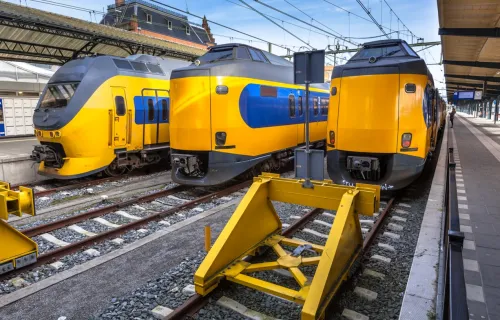The concept of Mobility as a Service (MaaS) represents new thinking around a service-driven transport system. In practice, what this means is seamless cooperation between different transportation modes to deliver "door-to-door" services. For example, new services could be based on car and ride sharing and the seamless linking of private and public transport into a single service entity. Physical mobility will be replaced more and more by virtual services, as distance or “tele” work, meetings, medicine and teaching continue to increase in popularity.
MaaS is a mobility-operator based business model where the customer purchases the transport services they need easily, affordably and reliably. Mobility operators tailor their services through digitalization, with the objective of providing an overall inexpensive service entity for each need. New MaaS mobility operators have already started to offer their subscription-based service packages, so this is a reality already, not just a dream and hope for the future.
MaaS collaboration on a global scale necessitates a common, workable set of standards that everyone can follow. While this is a huge endeavor, the societal and environmental benefits are so significant that the vision must be pursued despite the obstacles. The technology is here today, it is being used, and it will only become cheaper, and more powerful.






